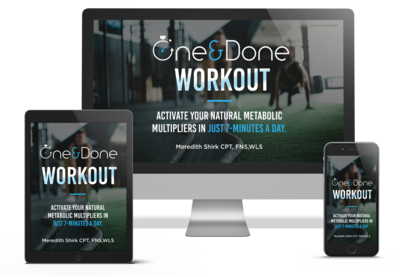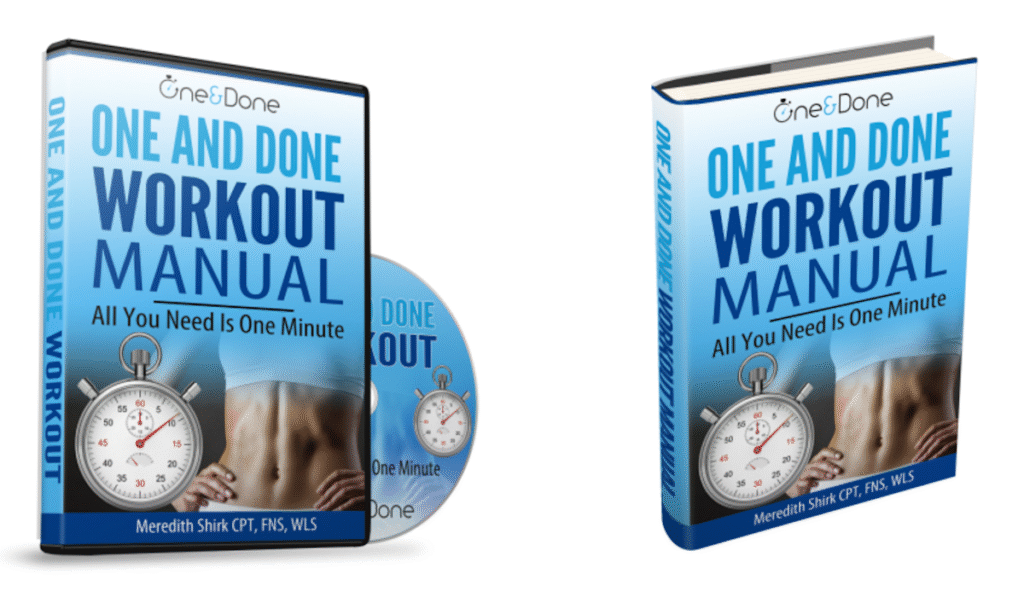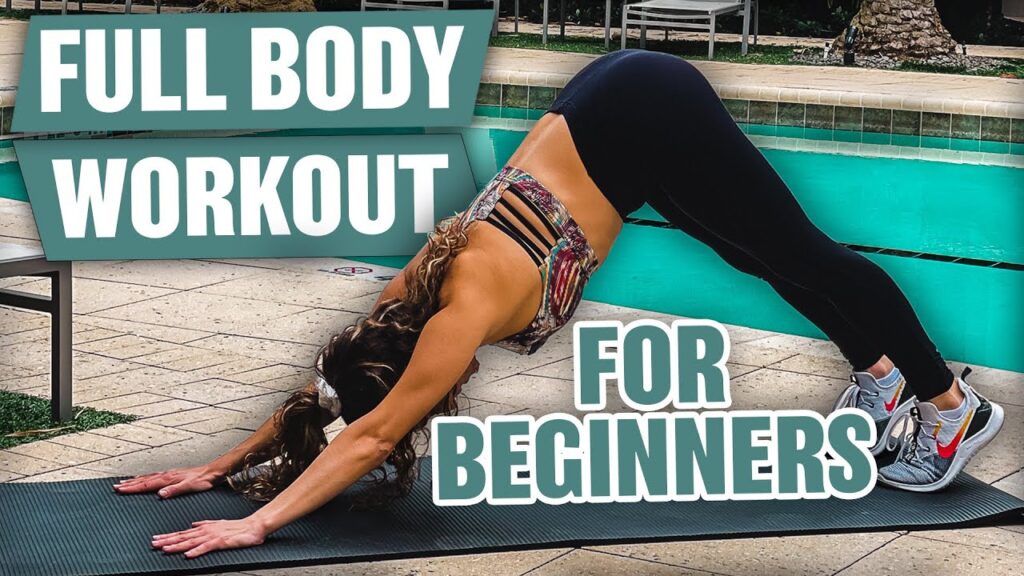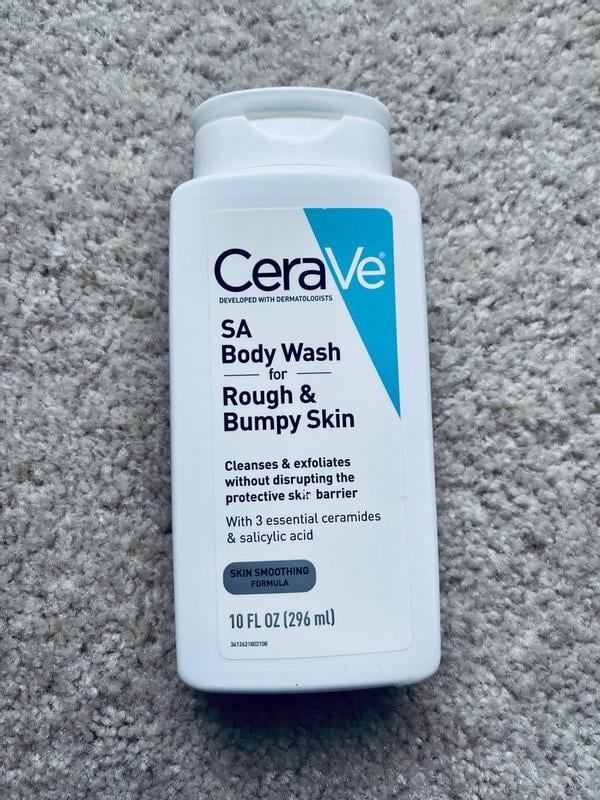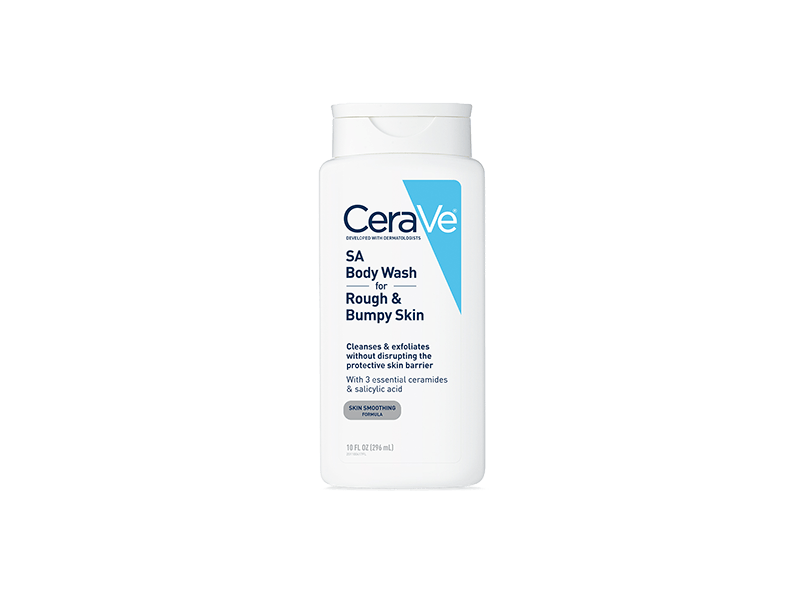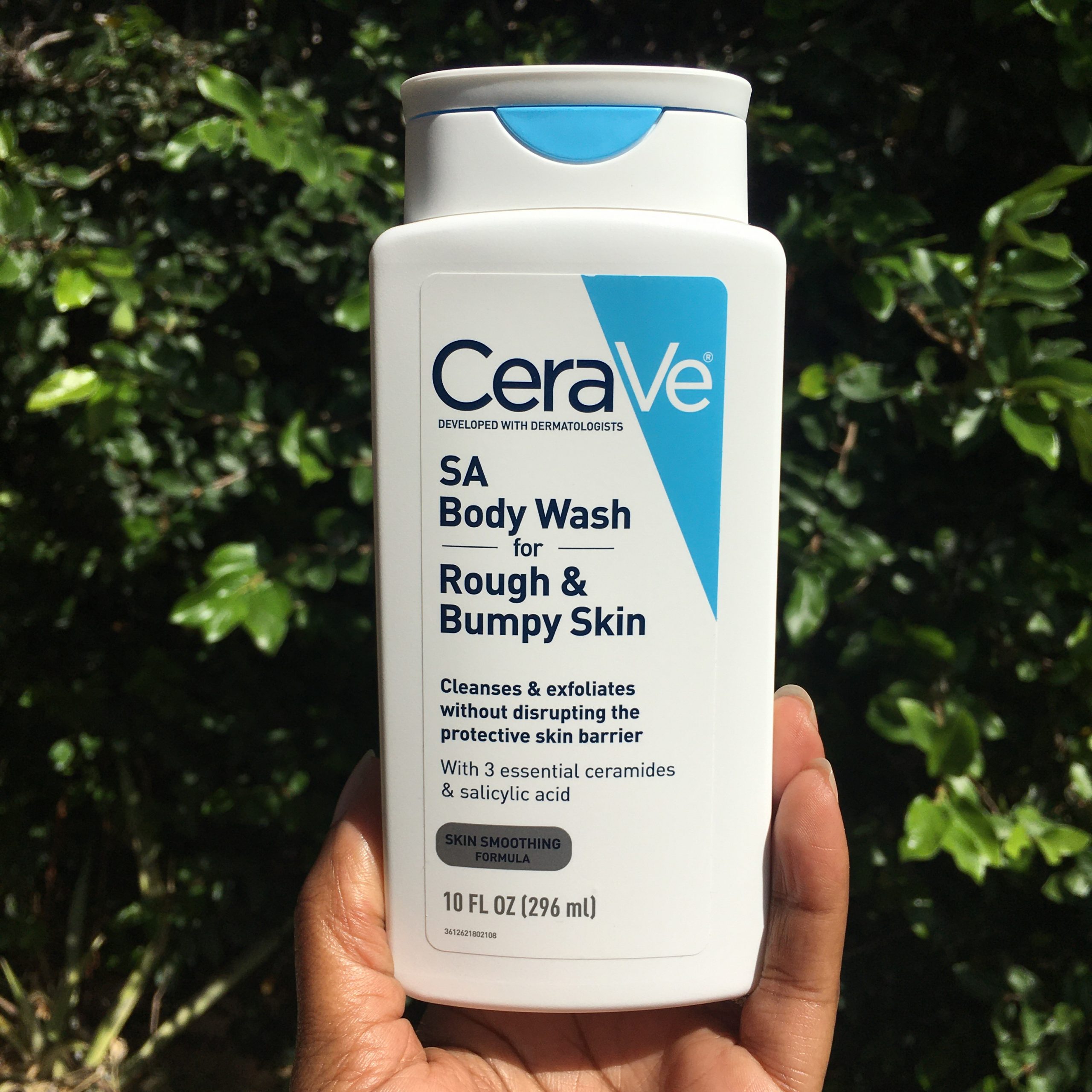One and Done Workout – In a world where time is a luxury, many people struggle to squeeze in long gym sessions.
The One and Done Workout offers a solution—short, high-intensity workouts designed to boost metabolism, burn fat, and improve cardiovascular health in just minutes a day.
But does this quick-fix workout actually work? Let’s explore the science, the method, and whether it’s right for you.
What Is the One and Done Workout?
The One and Done Workout is a time-efficient exercise program based on Sprint Interval Training (SIT), a form of high-intensity interval training (HIIT).
It was popularized by fitness coach Meredith Shirk and is designed for busy individuals who want effective results without spending hours in the gym.
The Core Concept:
One workout session
Done in under 10 minutes
Built around 1-minute “sprint intervals”
Alternating periods of intense effort and recovery
It’s often described as “one and done” because one session per day is all it takes to trigger significant health and fitness benefits when done consistently.
The Science Behind the One and Done Workout
The program is rooted in sprint interval training, which has been studied extensively. Research suggests SIT can lead to:
- Improved cardiovascular health
- Increased fat oxidation and metabolism
- Better insulin sensitivity
- Enhanced endurance and muscle tone
According to a study in PLOS ONE, even short bursts of high effort can be as effective as 45-minute moderate workouts for improving VO2 max (a marker of cardiovascular fitness).
In short, intensity trumps duration, as long as it’s done right.
Sample One and Done Workout Structure
Each session lasts about 7–9 minutes and includes:
Warm-Up (1–2 minutes)
Dynamic movements like jumping jacks, arm circles, or bodyweight squats to prepare your body
Sprint Interval Training (6 minutes)
6 rounds of:
20 seconds of high-intensity movement (e.g., high knees, squat jumps, burpees)
40 seconds of active recovery (e.g., walking in place or gentle stretching)
Cool Down (optional)
Gentle stretching or deep breathing for 1–2 minutes
Example Exercises for the Sprint Intervals:
- Burpees
- Mountain climbers
- High knees
- Jump squats
- Plank jacks
- Speed skaters
Choose one or rotate them throughout the week.
Weekly Workout Schedule
Here’s a sample plan for a beginner:
Day Workout Focus
Monday Lower Body (Jump squats, lunges)
Tuesday Core (Plank jacks, mountain climbers)
Wednesday Cardio Blast (High knees, speed skaters)
Thursday Rest or Light Stretching
Friday Full Body (Burpees, squat jumps)
Saturday Lower Body Sprint
Sunday Active Recovery or Yoga
Benefits of the One and Done Workout
- Time-Efficient
Perfect for busy professionals, parents, or anyone short on time. No commute to the gym, no long sessions—just 7 minutes of focused effort.
- No Equipment Required
Bodyweight-only exercises make it ideal for home workouts or travel.
- Boosts Metabolism
The afterburn effect (EPOC) means your body continues to burn calories after your workout ends.
- Beginner-Friendly
While high-intensity exercises can be modified. Go at your own pace and intensity level.
- Supports Fat Loss
SIT has been shown to target visceral fat and improve lean body mass.
Potential Drawbacks
- Not for Everyone
If you’re recovering from injury or new to fitness, high-intensity workouts could pose a risk without proper guidance.
- Requires Max Effort
Results depend on truly pushing yourself during the sprint intervals. It’s not a casual walk in the park.
- Plateau Risk
Eventually, your body adapts. You’ll need to progress by increasing intensity or trying new exercises.
Nutrition + Recovery = Success
Since workouts are brief, your diet and recovery play a huge role in results. Here’s how to optimize both:
Fuel your body with lean proteins, complex carbs, and healthy fats
Stay hydrated—even short workouts deplete fluids
Sleep 7–8 hours per night for proper muscle recovery
Avoid junk food—intensity alone won’t outwork poor nutrition
Who Should Try the One and Done Workout?
Great For:
Busy adults with tight schedules
Beginners easing into exercise
People looking to burn fat and improve fitness without a gym
Not Ideal For:
Advanced athletes seeking hypertrophy
People with cardiovascular or joint issues (without a doctor’s clearance)
Those unwilling to push during short intervals
Final Thoughts: Is the One and Done Workout Worth It?
If you’re looking for maximum results in minimum time, the One and Done Workout is a strong contender. It’s backed by science, fits almost any schedule, and can be done at home, making it one of the most accessible and sustainable fitness routines today.
Just remember: intensity is key. Give it your full effort for those short intervals, and you’ll be amazed at what 7 minutes can do for your health, energy, and confidence.

